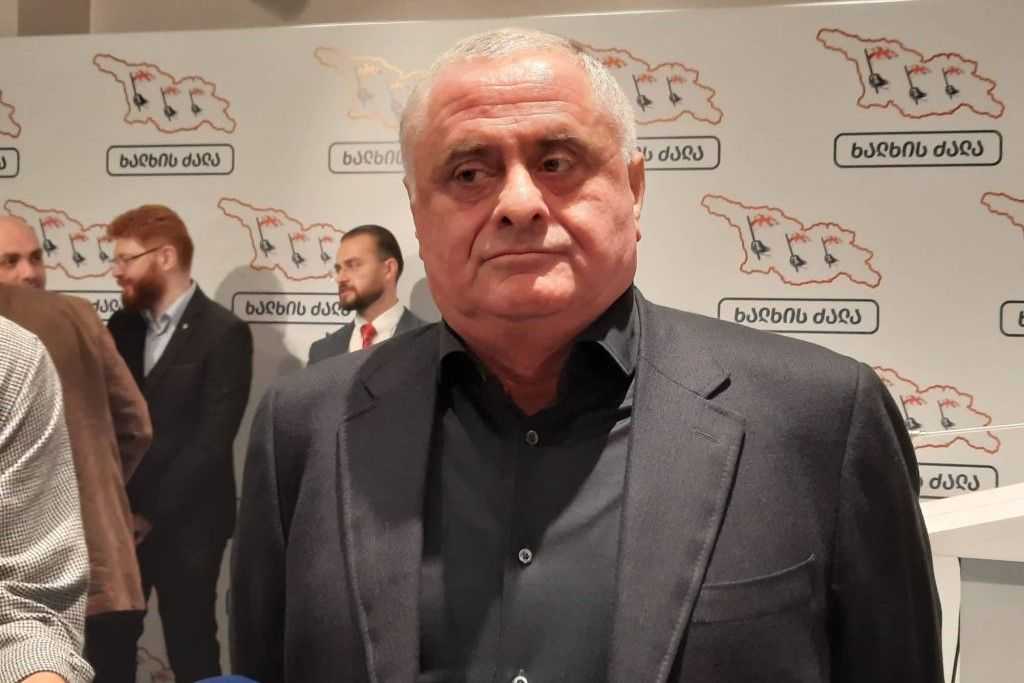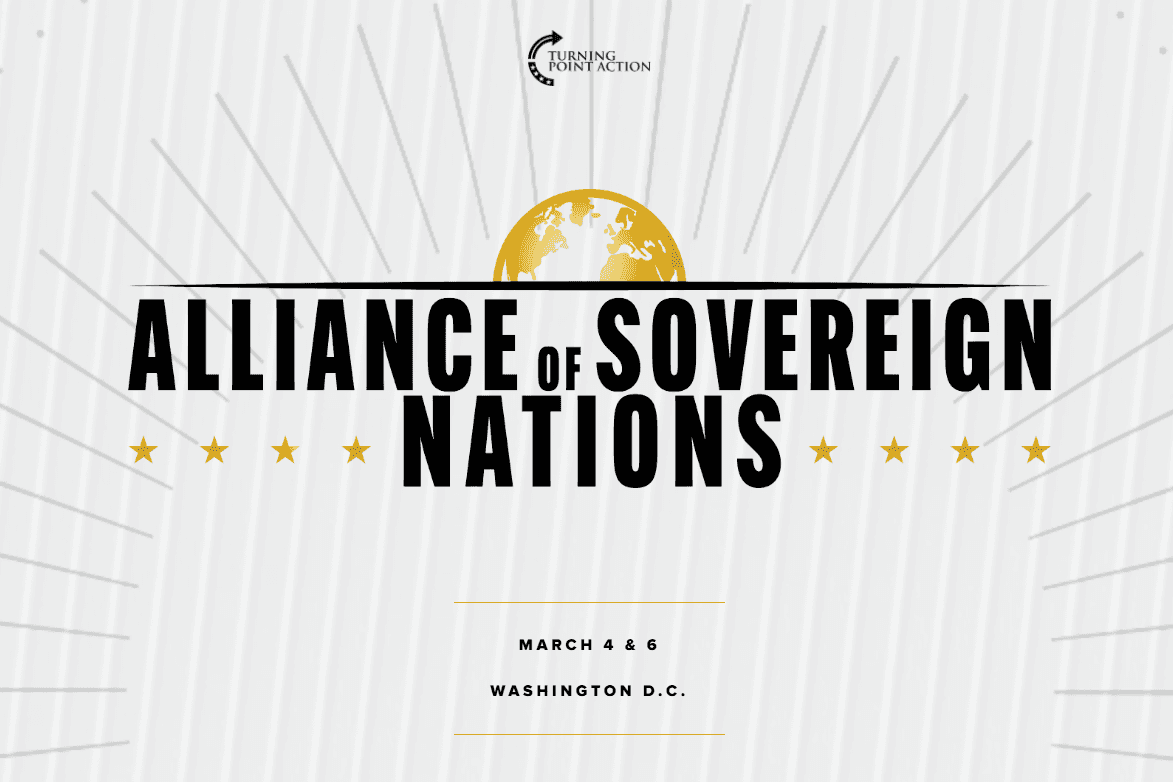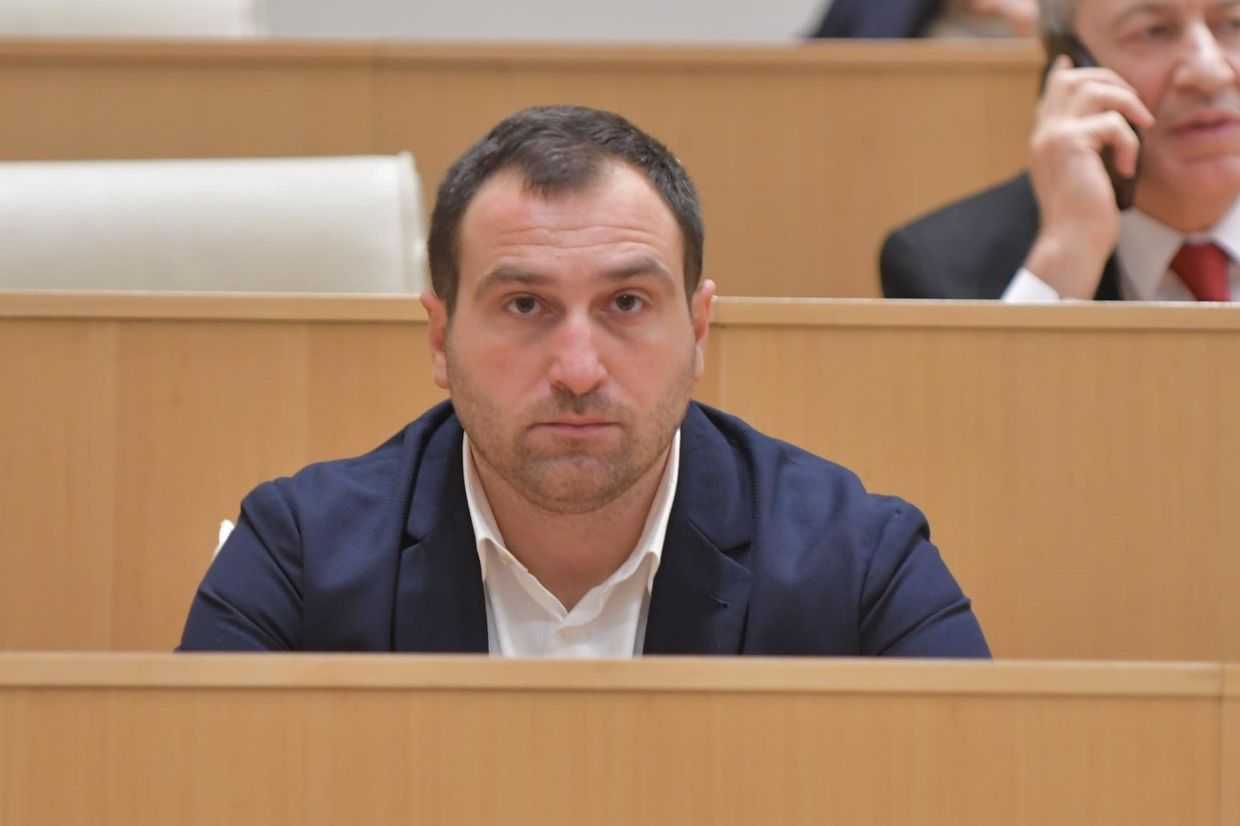
The Special Penitentiary Service on Wednesday published footage of former Georgian President Mikheil Saakashvili at the clinic where he is receiving medical care, allegedly to show the public Saakashvili’s ‘faked behaviour’. Saakashvili’s lawyer stated that the video was shared without his consent.
The agency published the almost 11-minute-long video showing Saakashvili in a private room in Vivamedi, a private clinic, citing ‘high public interest’.
The former president, who appears thin and moves slowly in the video, has been under the supervision of doctors at the clinic since 12 May after a prolonged hunger strike.
The footage shows Saakashvili on the dates of 9 August, 4 October, 6 October, and 12 December. He is seen aggressively interacting with some clinic staff and visitors, all of whom have their faces blurred.
In the most recent clip from the compilation, Saakashvili can be seen using a walking frame.
On Tuesday, Georgia’s Minister of Justice Rati Bregadze told Rustavi 2 that the government will be ‘forced to publicise certain footage’ to show people what he and other government figures referred to as Saakashvili’s ‘faked behaviour’.
Recent medical reports had suggested that the former president was severely ill — claims that the ruling Georgian Dream party has contested.
Saakashvili’s lawyer, Shalva Khachapuridze, stated that the former president did not consent to the release of the footage and that Saakashvili’s defence team will file a complaint against Bregadze and the Penitentiary Service for publicising his personal information.
On Thursday, the Personal Data Protection Agency announced that it was investigating the release of the video.
‘Saakashvili’s political interests’
The footage spurred controversy in Georgia, driving opposition figures and spectators to escalate their demands that Saakashvili be sent abroad for treatment.
Representatives of the ruling Georgian Dream party insist that the footage was released to prove to the public that Saakashvili ‘is not cooperating with doctors’ due to his ‘political interests’.
Irakli Kobakhidze, chair of the ruling party, said on Wednesday that public discourse about the former president was ‘outrageous’.
‘There are 9,200 prisoners in Georgia, and we are talking about one prisoner for so long when he is one of the worst criminals who is currently serving his sentence in prison.’
‘His regime killed several hundred prisoners’, Kobakhidze told journalists.
Archil Talakvadze, vice speaker of the parliament, additionally accused Saakashvili of using his medical condition to ‘destabilise’ the country.
Members of Saakashvili’s party, the United National Movement (UNM), reaffirmed their support for the former president. Three members — Davit Kirkitadze, Ana Tsitlidze, and Abdula Ismailov — announced a hunger strike at a briefing held in Parliament on Thursday, demanding that Saakashvili be transferred abroad for treatment.
The Office of the Public Defender of Georgia also responded to the release of footage from Vivamedi, questioning the ‘proportionality and adequacy’ of the action and criticising the release of the videos. The Office noted that Saakashvili’s aggressive behaviour might be a symptom of the diagnoses made by medical experts — possibly referring to a recent report on Saakashvili’s health condition.
[Read more on OC Media: Anti-torture watchdog warns that Saakashvili could die without treatment abroad]
‘The State is obliged to help the imprisonered [sic] patient, to provide appropriate help to him and not to use his medical condition against him,’ read the Public Defender’s statement.
US Ambassador to Georgia Kelly Degnan also commented on the footage, saying that ‘the government has an obligation to ensure that [Saakashvili’s] rights are protected, that he receives the necessary medical care, psychological care, and a fair trial’.
A short-lived third hunger strike, the European Parliament reacts
Saakashvili announced that he would begin his third hunger strike on 14 December after he was denied teleconferencing arrangements required to remotely attend a court hearing discussing his transfer abroad for treatment.
A few hours after his announcement, Saakashvili’s lawyer said that the former president was calling off his hunger strike because Members of the European Parliament had ‘categorically demanded’ he stop.
On the day of the release of the footage, the European Parliament adopted its annual report on the implementation of the Georgia–EU association agreement, in which it said that the ‘pathological symptoms displayed by Mikheil Saakashvili are the result of heavy metal poisoning, contributing to his rapidly declining health’.
‘[The European Parliament] reiterates its call on the Georgian authorities to release former President Mikheil Saakashvili and allow him to receive proper medical treatment abroad […] on humanitarian grounds and as a means of reducing political polarisation’, read the report.
On Thursday, Khachapuridze said Saakashvili was no longer receiving food from the Special Penitentiary System, instead receiving only food that his family members brought.









